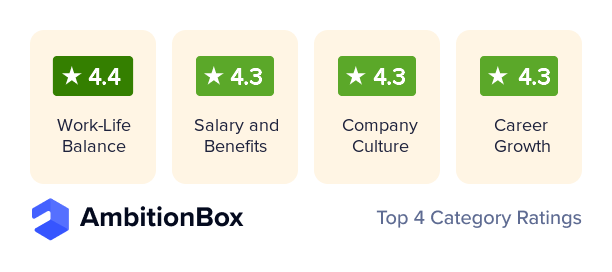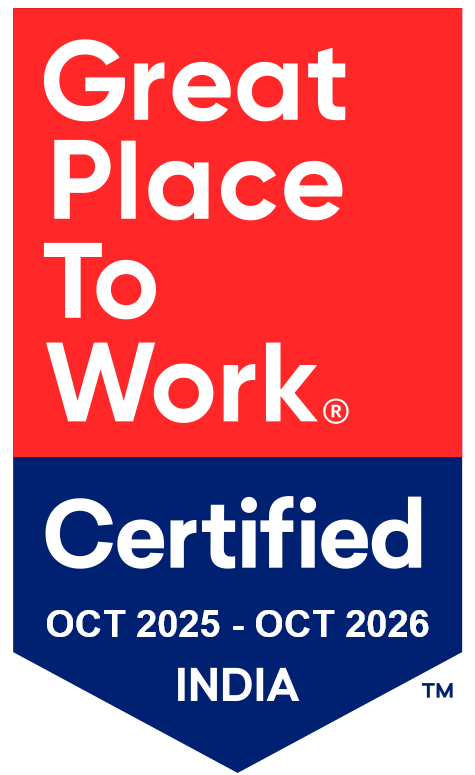Europe is facing one of the gravest challenges since the Second World War and is one of the most affected regions globally with respect to the Pandemic. To safeguard economic interests and to lend a helping hand to those who have lost their jobs or have been furloughed, or for the businesses that are finding it hard to sustain, the Government has set in to motion several programs primarily for the UK Private Sector. This article enumerates the various programs that have been unveiled to counter the widespread effects of the economic slowdown.
Job Retention Scheme
The Coronavirus Job Retention Scheme is the centerpiece of the economic package that was introduced by Rishi Sunak, in-force since the end of April 2020. The scheme is meant for those employers whose operations have been severely affected owing to the business disruptions and is aimed at helping them to retain their employees and to protect their businesses in the shorter term.
Under this scheme, the affected employers can request Her Majesty’s Revenue and Customs (HMRC) for a grant of 80% of the employees’ salary (capped at £2,500 a month per employee) who are on the employers’ payroll as on or before February 28, 2020 (employees hired after February 28, 2020, will not be eligible for the grant). The Government will also offer additional benefits such as Associated Employer National Insurance contributions and Minimum Automatic Enrolment Employer Pension contributions on that wage (currently 3%). The employees who receive the grant are subject to taxes. On the other hand, companies who receive the payment will have to treat the grant as taxable income, but they can offset the deductible revenue costs. The Government has announced that all the employees are eligible for this scheme. The duration of the scheme has been set for three months initially, and if required, it can be extended.
Self Employed Income Support
In the United Kingdom, one in six workers is self-employed, and it is estimated that there are about 5 mn self-employed professionals in the UK (e.g., musicians, gardeners, taxi drivers) who are facing financial difficulties due to COVID-19 Pandemic. The UK treats self-employed workers on similar terms as workers who are employed by businesses and are being offered a special package. In this package, the Government will be offering 80% of their earnings capped at £2,500 a month. The Self-Employed Income Support scheme will benefit almost 95% of the self-employed who earn up to £50,000 a year and have filed their taxes for 2019 (those who haven’t filed can file by April 23, 2020). The scheme is for three months starting June 2020, and if required, the Government will extend the program.
COVID-19 Corporate Financing Facility (CCFF Facility)
The COVID-19 Corporate Financing Facility (CCFF) is a new scheme launched by the Bank of England to help businesses in the UK that make a significant contribution towards the economy. Under this scheme, the Bank of England will purchase short-term debt from larger organizations. The Bank of England will buy one-year short term commercial papers offered by large, financially stable companies. The Bank of England is providing the facility due to the current circumstances in the market as the cash flows of many businesses are affected.
The CCFF facility is available for the UK and foreign-based companies and their subsidiaries, making a material contribution to the UK economy. The companies must have a credit rating of A-3 / P-3 / F-3 / R3 from any of these companies – Standard & Poor’s, Moody’s, Fitch, and DBRS Morningstar) as of March 1, 2020); and are issued directly into Euroclear and/or Clearstream. According to the Bank of England, financial companies are barred from this facility.
Coronavirus Business Interruption Loan Scheme (CBILS)
To support the small and mid-size businesses, the Government has launched the Coronavirus Business Interruption Loan Scheme. In this package, companies with a turnover of £45 mn or less are eligible for a loan up to £5mn. The Government will offer guarantees to the lenders up to 80% on each loan so that the businesses can run uninterrupted, and also the lenders will have the confidence in the borrowers. The scheme is operational from April 6, 2020.
There will be no loan charge, and the first year will be interest free (which will be footed by the Government). An amount up to £250,000 doesn’t require any personal guarantee, and for more than £250,000 personal guarantee is required. Still, this excludes the Principal Private Residence (PPR), and recoveries under these are capped at a maximum of 20% of the outstanding balance.
The small and mid-size businesses can opt for the loan from 40 different lenders, which includes high-street banks, challenger banks, asset-based lenders, and smaller specialist local lenders. The lenders can offer loans in the form of term loans, overdrafts, invoice finance, and asset finance. The businesses which opt for this scheme are 100% liable for their debts.
Coronavirus Large Business Interruption Loan Scheme (CLBILS)
For large companies operating across the UK, the Government has introduced Coronavirus Large Business Interruption Loan Scheme. In this package, the businesses that have revenues of more than £45mn but less than £500mn are eligible for a loan up to £25 mn. The scheme is yet to be started and is expected to kick off by the end of April 2020 and applicable for those firms which are unable to secure commercial lending due to COVID-19. Similar to small and mid-size businesses, the Government will also provide guarantees to the lenders up to 80% on each loan so that the large businesses can continue their operations.
Some of the firms such as banks, insurers and reinsurers (but not insurance brokers), public-sector bodies, education establishments (if they are grant-funded), and state-funded primary and secondary schools are not eligible for this loan.
Grants for retail, Hospitality and Leisure businesses
The retail, hospitality, and leisure businesses are some of the most affected businesses due to the COVID-19 Pandemic. Some of the hospitality and leisure businesses are on the brink of collapse, and to save these companies from bankruptcy, the Government is providing them grants. The scheme applies to all businesses in these sectors in England and Scotland. In Wales, relief is given to businesses with a rateable value below £500,000. This scheme does not operate in Northern Ireland – instead, all businesses will pay zero rates for April, May, and June 2020.
In the scheme, the businesses that have property value less than £15,000 will receive a grant of £10,000, and those between £15,000 and £51,000 will receive a grant of £25,000. In this scheme, shops, restaurants, cafes, drinking establishments, cinemas, live music venues, assembly and leisure, hotels, guest and boarding premises, and self-catering accommodation are eligible. The local authorities will decide whether the property will qualify for a grant or not, and they will directly contact the business, and the cash grant is paid automatically.
Support for businesses that pay little or no business rates
The Government is offering grants to the businesses that pay little or no business rates because of small business rate relief (SBBR) in England. Under this scheme, the Government will be offering a one-off grant of £10,000 to businesses currently eligible for SBRR or rural rate relief, to help meet their ongoing business costs. The funding for the scheme will be offered by the Government to the local authorities in England by the end of April 2020.
Time to Pay arrangements "TTP"
The Time to Pay arrangements is available in the UK for over a decade. The Time to Pay agreements is a method under which payments of business tax can be spread over a period of time. TTP allows a business to defer current tax debts (principally corporation/income tax, payroll taxes, and VAT – but theoretically any other tax or duty) by converting the settlement to installments across a 3 to 12 month period. The companies may need to make use of Time to Pay arrangements (TTP) to defer the tax payment. The Government has put this forward as one of the measures to help businesses in the Budget 2020.
Statutory Sick Pay (SSP) relief for small and medium-sized businesses (SMEs)
The Government is offering the Statutory Sick Pay package for small and medium businesses to help them during the COVID-19 pandemic outbreak. As per this policy, small and medium businesses with less than 250 employees can reclaim Statutory Sick Pay (SSP) paid out to employees. The company will be offered £94.25 per week for those employees who are self-isolated or suffering from COVID-19. The business can apply from day 1 of the leave for these employees.
Deferral of Income Tax and VAT Payments
In the UK, VAT registered companies which need to make VAT payments due on March 20, 2020 and June 30, 2020, can defer their VAT payments to a later date. Her Majesty’s Revenue and Customs will not charge any additional penalties for deferral of VAT payments. However, this will not be applicable for VAT MOSS or import VAT.
The self-assessment tax on June 30, 2020, can be deferred till January 31, 2020. The measure will apply to all self-employed individuals, and it is anticipated that this will also include partners in trading partnerships.
The Government of the United Kingdom is offering various types of financial support for small and mid-size companies, large firms, self-employed, and also directly affected businesses such as restaurants and hospitality. With the economy shrinking further in 2020, the main objective of the Government is to save the businesses, which in turn will keep many people employed and help the economy to get stabilized after the COVID-19 Pandemic is over.











